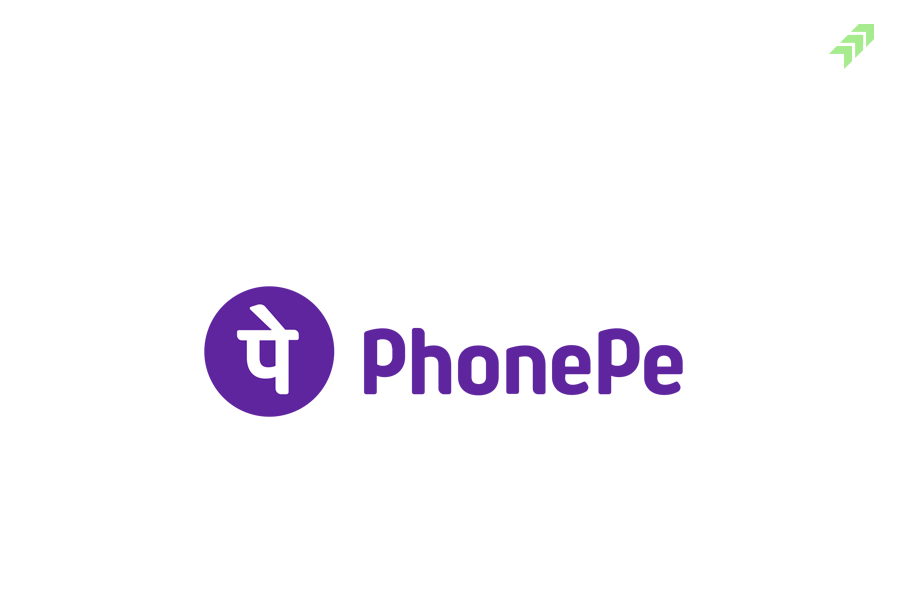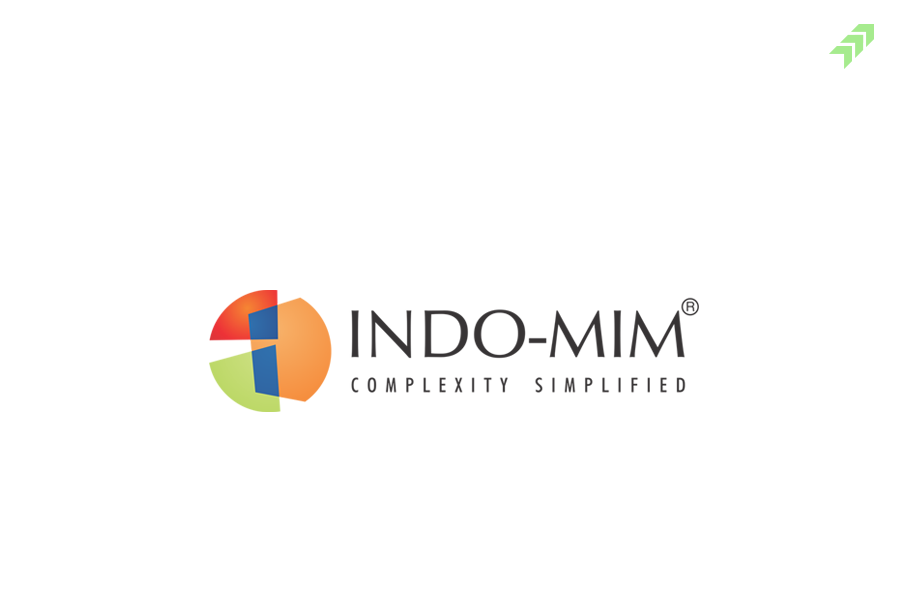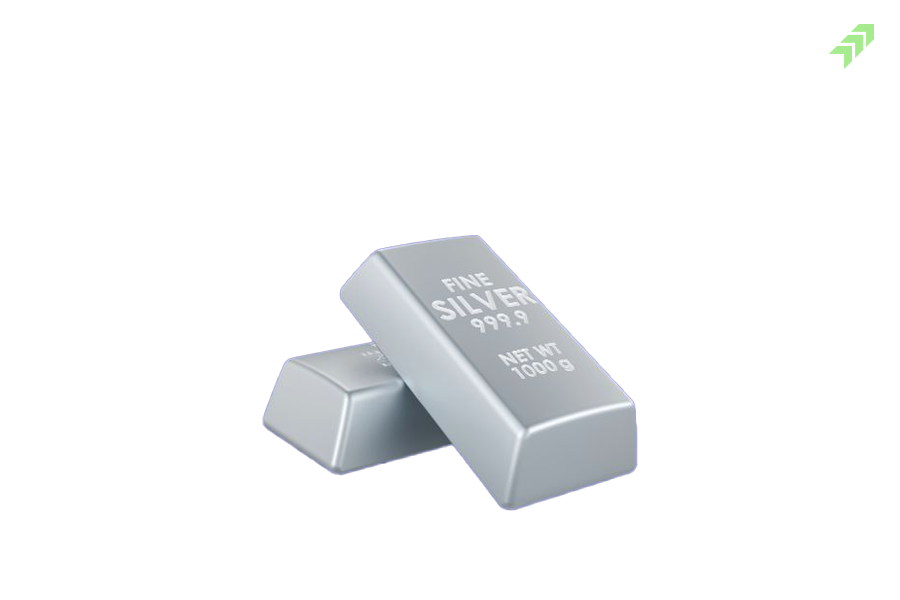Months have passed since US-based short seller Hindenburg Research released its report on Adani Group, the fallout of which led to the group halting some of its investments, cutting down on capex, and re-considering its approach toward picking projects.
Last month, Bloomberg reported that Indian conglomerate Gautam Adani is in talks with lenders to refinance $3.5 billion worth of debt, which the group took for acquiring Ambuja cement. The group at that time was in advance talks with investment banks like DBS Group Holdings Ltd. and First Abu Dhabi Bank PJSC, which were expected to lend around $400 million each.
The Adani Group acquired Ambuja Cement in August 2022, with a total acquisition financing of $6.5 billion. The debt consisted of a $750-million bridge loan from banks like JPMorgan, Barclays, and Deutsche Bank, a $1 billion structurally subordinated debt taken for 24 months from banks, and a $3.5 billion senior debt from lenders. The group paid back the entire $750 million bridge loan facility in February to calm market volatility, followed by $500 million of the $3.5 billion senior debt in March. The group left with $3 billion of senior debt and $800 million of subordinated structured debt, totaling $3.8 billion.
As per ET, the loan agreement was expected to be signed late Thursday night. The Adani family, as per the new terms, was required to prepay around $300 million in debt and refinance the rest. Another report by Bloomberg suggested the deal could be sealed this week, adding that it would be the latest sign of confidence among creditors in the conglomerate. The loan would likely be priced at 450–500 basis points all-in-costs over the benchmark secured overnight finance rate, they said. The deal will comprise three tenors: 6-month, 18-month, and 3-year.
The advancing negotiations are a sign that Adani is returning to a more normal order of business. If the deal closes, it would be the fourth-biggest loan in Asia outside Japan this year. The Adani firm has already raised around 12.5 billion rupees ($151 million) by issuing local currency bonds in July, as the dust starts to settle.
According to September quarterly reporting, ACC and Ambuja Cements saw a reduction in FPI holdings of 2.8% and 0.8 percent, respectively. Whereas, DII increased their stake in ACC by 3.44% and in Ambuja Cements by 1.16%.


















No comment yet, add your voice below!